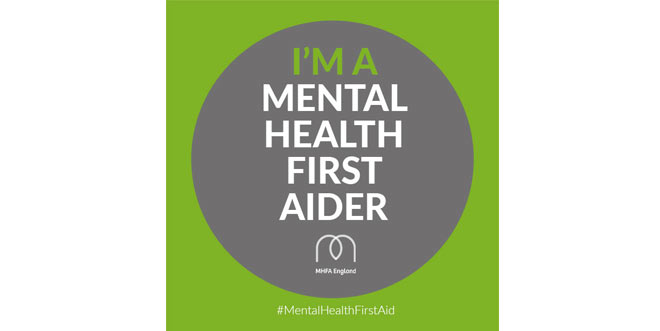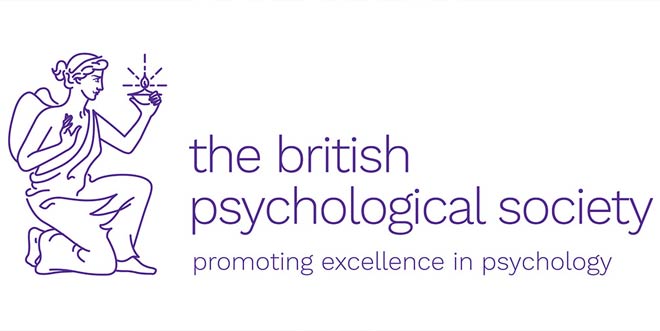.
As an experienced home tutor and SEN professional providing 1:1 home tutoring, I support the whole family. I provide tailored instruction for general educational improvement, EBSA - Emotionally Based School Avoidance, EHCPs, behaviour, mental health, emotional regulation, anxiety, PDA support, and SEN/PDA tutoring. I also provide additional 1:1 support for PMDD sufferers who have a diagnosis of PMDD or have menstrual difficulties.
At AMC I work with my son Ryan, who is an Assistant Learning Mentor and is currently training to be an SEN tutor. He particularly specialises in supporting children with autism and related conditions.
If you require assistance in these areas,
please contact me to book an assessment visit.
I offer a bespoke service, telephone consultation and email support.
Safeguarding is paramount when working with families, children and young adults.
I can provide two full, enhanced DBS certificates, and I subscribe to regular safeguarding training.
As a fully approved Surrey Local Education Authority SEN tutor, I need to provide up to date DBS certificates. These are kept current and updated through the Government's DBS Update Service to which I am fully subscribed.
Select the button link below for more details
SEN Advanced Diploma (level 4)
PDA (Pathological Demand Avoidance) Qualification
CBT (Cognitive Behavioural Therapy) Qualified
Child Behaviour (level 3)
Child Psychology (level 4)
Home Education level 3
TQUK Certificate in Self-harm and Suicide Awareness and Prevention (RQF)
Mental Health and Social Care (Distinction diploma)
Psychology (Distinction diploma)
Home Education (level 3)
Educational Psychology (level 2)
STA Award in Safety for Teachers (QCF)
EYFS (level 2 – Cache)
HLTA (level 4)
TA (level 3)
Zones of Regulation (with Leah Kuypers – owner/creator)
Adapted Zones of Regulation for Tweens and Teens
Emotions and emotional disorders (OU)
PMDD (Premenstrual Dysphoric Disorder)
Mental health first aid for children and young people (Maudsley NHS Foundation Trust)
Child sexual exploitation
Makaton (levels 1-4)
FGM and breast ironing awareness/safeguarding
Mental Health
Anaphylaxis
Attachment disorders
Safer Remote Teaching
Psychiatry for primary care (Maudsley NHS Foundation Trust)
SEND Law Advanced Training (all levels)
Tutoring
Covid-19 awareness
Emergency First Aid at work (QA level 3 – RQF)
Choking
Designated Safeguarding Lead (level 3)
Paediatric First Aid
Body language and micro expressions (Paul Elkman Group)
Teaching Phonics
Using Numicon to support learning
Suicide Awareness (NHS & ZSA)
Child protection
Team-Teach
Use of reasonable force in schools
Mental wellbeing in children and young people
Dyslexia/Autism/ADHD
Health and Safety
Care certificate
Online safety
Fire safety
Equality and Diversity
SEND Code of Practice
Self-harm
Using an EpiPen
Educating children with Down syndrome in mainstream education
Recognising and supporting children with SEN (Cache)
Child Development (Cache)
Counselling children and adolescents
In addition to the above, staff complete yearly safeguarding, prevent duty and prevent bullying training. LEA (Local Education Authority) registered in Surrey, and Anne-Marie is currently studying Psychology and Counselling (degree level).
As a level 4 trained Makaton user and someone who has experienced the difficulties of communicating with family members with hearing impairments, I understand the importance of ensuring that everyone feels able to communicate with those around them. In my experience as an educator, I know that behaviour is a form of communication, and often, it is a communication difficulty that can result in dysregulation and expressive behaviour. Whilst many factors can result in difficulty with communication, I am continuing my professional development to ensure that I can provide a more accessible service.
Sign Language
Sign Language is a visual form of communication that uses a combination of hand shapes, spatial representation, gestures, facial expressions, and body language. It is used mainly by Deaf people and people with hearing difficulties. Sign Language has been used as a method of communication among Deaf people for hundreds of years (British-sign, 2024).
British Sign Language
British Sign Language, or BSL, is the main form of sign language used within the UK and has been recognised by the UK government as a minority language since 2003. BSL is an independent language separate from spoken English, having its own grammar and syntax. It is estimated that around 151,000 people within the UK use BSL (British-sign, 2024).
Sign Supported English
Sign Supported English (SSE) is another form of signing used in Britain. SSE is not a full language in the same way that BSL is. SSE uses mostly the same signs as BSL; however, they are used in the same order as spoken English and are usually accompanied by speech. SSE is a less efficient form of signed communication than pure BSL. Still, it is useful when Deaf people are learning English grammar alongside signing or when people mix mainly with hearing people (British-sign, 2024).
Makaton & Signalong
You might come across several other communication systems that incorporate signs. Examples of these are Makaton and Signalong. These systems are commonly used by people with communication difficulties or learning disabilities. These systems are usually built on keyword vocabulary and use signs based on BSL but do not use BSL syntax and structure (British-sign, 2024).
The Department for Education has taken a significant step towards inclusive communication by proposing a British Sign Language (BSL) GCSE subject content as part of secondary education. This move, published in June 2023, is a testament to the growing recognition of BSL's importance. Ofqual's decision to have one set of assessments for all levels of attainment in BSL GCSEs, focusing on students' receptive language skills and knowledge of BSL history, further underscores the role of BSL in our education system.
Something to be mindful of...
Audism
Audism is an attitude whereby people who are hearing sometimes hold a negative stigma towards those who are unable to hear - similar to sexism or racism. Audism assumes a limit on the abilities of what a person who is Deaf can do - treating Deafness as a disability. Audist attitudes are most often held by those who are hearing. These attitudes are sometimes seen in those learning sign language and may think they are trying to be helpful.
Audist behaviours are patronising and can be insulting - we must avoid them. Examples of audist behaviors include:
Making a phone call on behalf of someone because you assume they are unable to.
Asking someone to write down or lipread without them requesting this as their preferred communication method.
Trying to assist with communication without being asked.
Making a joke out of, or asking someone to change their facial expression or body language - these are essential parts of communicating using BSL.
Refusing to explain to someone what is happening around them (for example, why people are applauding or laughing) and saying, “I’ll tell you later”.
(British-sign, 2024)
Supporting communication needs and ensuring my services are as inclusive as possible are crucial to inclusive practice. Therefore, as part of my professional development, I have completed BSL training and learned the 'Deafblind Manual' for fingerspelling.
Areas We Cover:
Surrey: Camberley, Dorking, Frimley, Guildford, Godalming, Haslemere, Leatherhead, Redhill, Reigate, West Clandon, Woking and surrounding areas
Hampshire: Aldershot, Alton, Basingstoke, Farnham, Hindhead


Respect for the dignity of persons and peoples is one of the most fundamental and universal ethical principles across geographical and cultural boundaries and professional disciplines. It provides the philosophical foundation for many of the other ethical principles. Respect for dignity recognises the inherent worth of all human beings, regardless of perceived or actual differences in social status, ethnic origin, gender, capacities, or any other such group-based characteristics. This inherent worth means that all human beings deserve equal moral consideration.
AMC Educational Support offers a range of services that require specialist knowledge, training, skill and experience. Competence refers to the ability to provide those specific services to a requisite professional standard. I cannot provide professional services that are outside of my areas of knowledge, skill, training and experience.
I accept appropriate responsibility for what is within my power, control, or management. Awareness of responsibility ensures that the trust of others is not abused, the power of influence is managed correctly, and a duty of care towards others is always paramount.
Acting with integrity includes being honest, truthful, accurate, and consistent in one’s actions, words, decisions, methods, and outcomes. It requires setting self-interest aside and being objective and open to challenge in one’s behaviour in a professional context.
Please be aware that I am not a qualified counsellor or psychologist; I am a student of psychology and counselling. Therefore, if your young person requires support from another professional, this will be discussed with you and your young person (if appropriate). I cannot provide any services in which I am not trained and experienced.